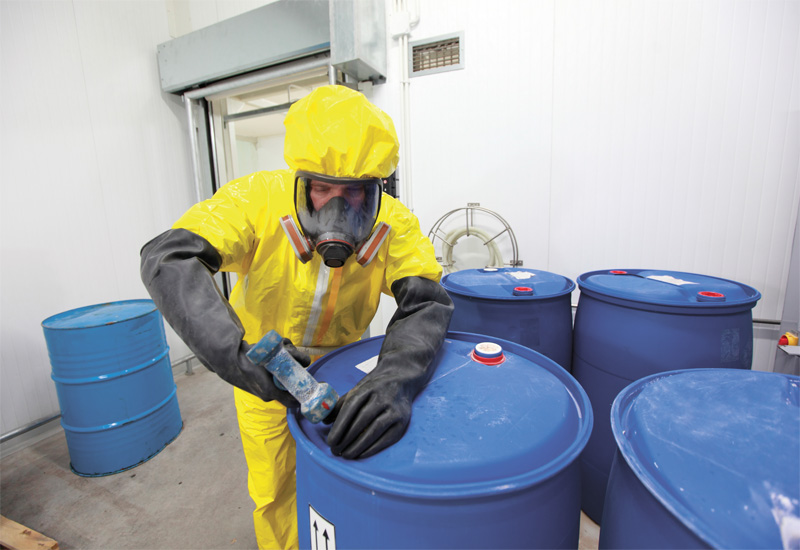 Many of our hotel experts have implemented waste-reduction initiatives and limit the use of chemicals in daily operations.
Many of our hotel experts have implemented waste-reduction initiatives and limit the use of chemicals in daily operations.
“I think public relations plays a role in environmental programmes only as far as alerting travellers and guests to the sustainability efforts of the hotel, but it is not the reason for participating in environmentally-friendly initiatives and programmes,” he insists.
“Getting involved in green projects should never be a public relations exercise — that is the wrong motivation.”
Ding is adamant that being green is not about PR but “leading through best practice and encouraging others in the industry to become involved”.

| Advertisement |
“It’s about doing the right thing without the need for recognition or reward,” he says. But cynics may say that these initiatives would not be taking place without a strong financial pressure to do so.
For hospitality giant Marriott, while money is by no means the only reason to address sustainability, there was a very solid business reason to tackle the ‘green issue’.
Interestingly the company has not opted for certification, deciding to go down a different route as Denise Naguib, vice president sustainability & supplier diversity, Marriott International, reveals.
“We have plenty of hotels that have signed up for those schemes, but it is not something that we are mandating. We have a five-point strategic sustainability strategy that drives all of these decisions to develop and implement sustainability projects,” Naguib continues.
“Our global platform is Green Hotels Global and that is providing us a consistent basis across the world, not for certification, but data collection and environmental practice points that are consistent.”
The company’s 35 Middle East properties, bar Libya, have activated the tool that was deployed in May.
This entails providing information to calculate all the various metrics such as utility data for energy and carbon footprint, water footprint, waste data and answering 58 environmental practice questions.
The company opted for this particular method after more than 40 of Marriott’s largest corporate customers began requiring the information as part of their business travel RFP (Request for Proposal).
“That’s a pretty important audience for us to be able to respond to,” Naguib explains.
“So we wanted to make sure deploying globally – these 40 customers touch every single one of our hotels across the globe — that we are able to deliver consistently and effectively this information to our customers. That was the premise behind using this centralised, third-party tool as opposed to having something internal.”
There is also a growing concern over environmental issues from generations X and Y, and there is heightened interest throughout the region that cannot be ignored in the long term.
Article continues on next page ...








 Search our database of more than 2,700 industry companies
Search our database of more than 2,700 industry companies









